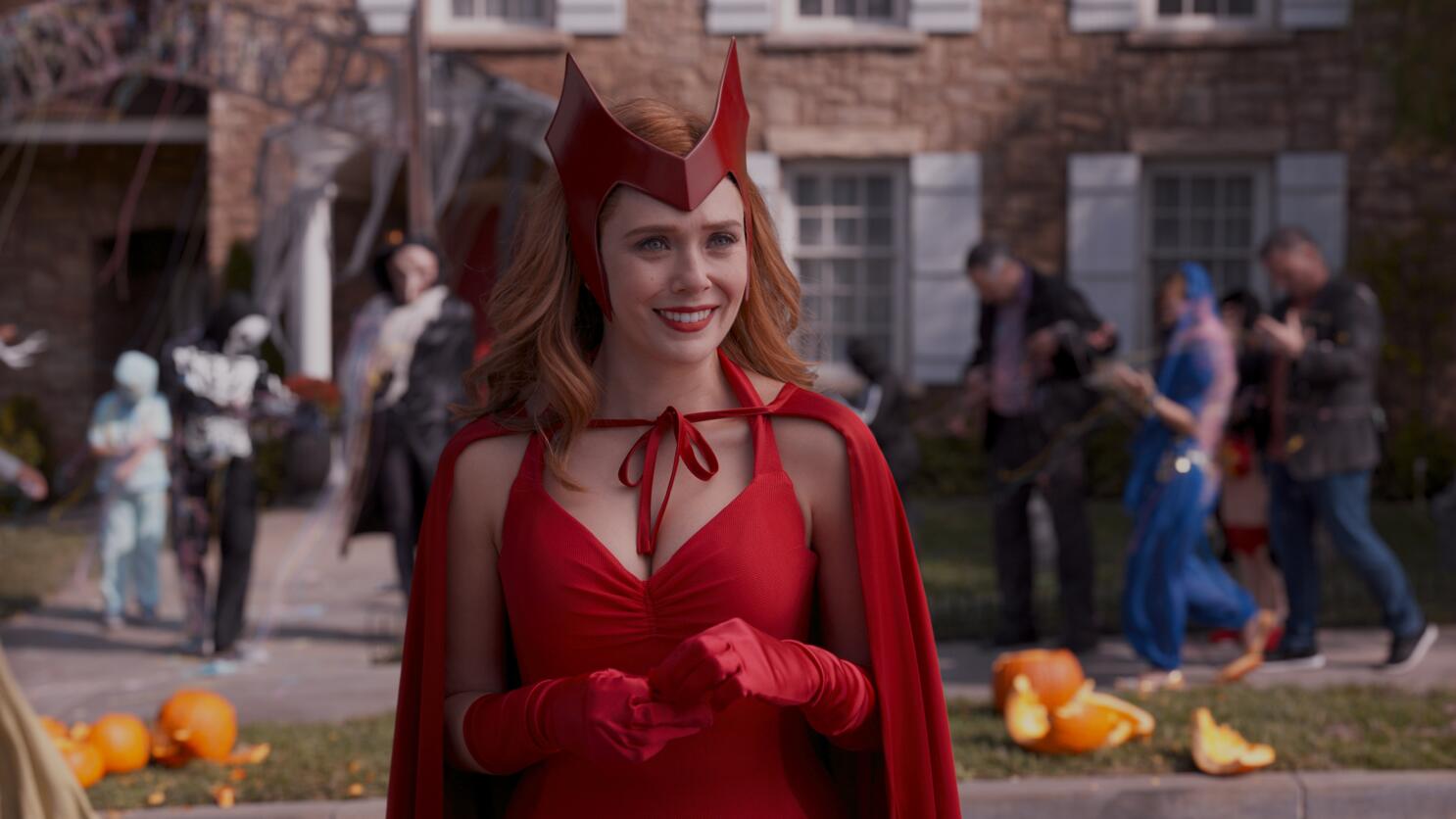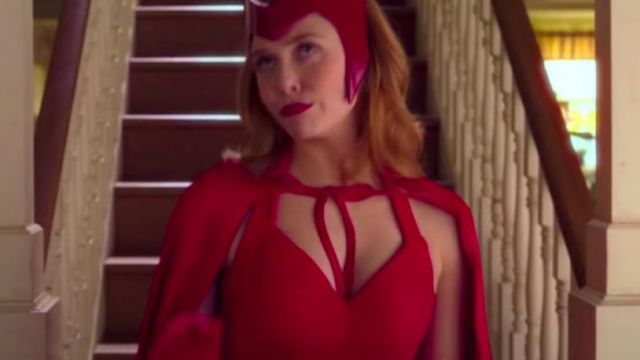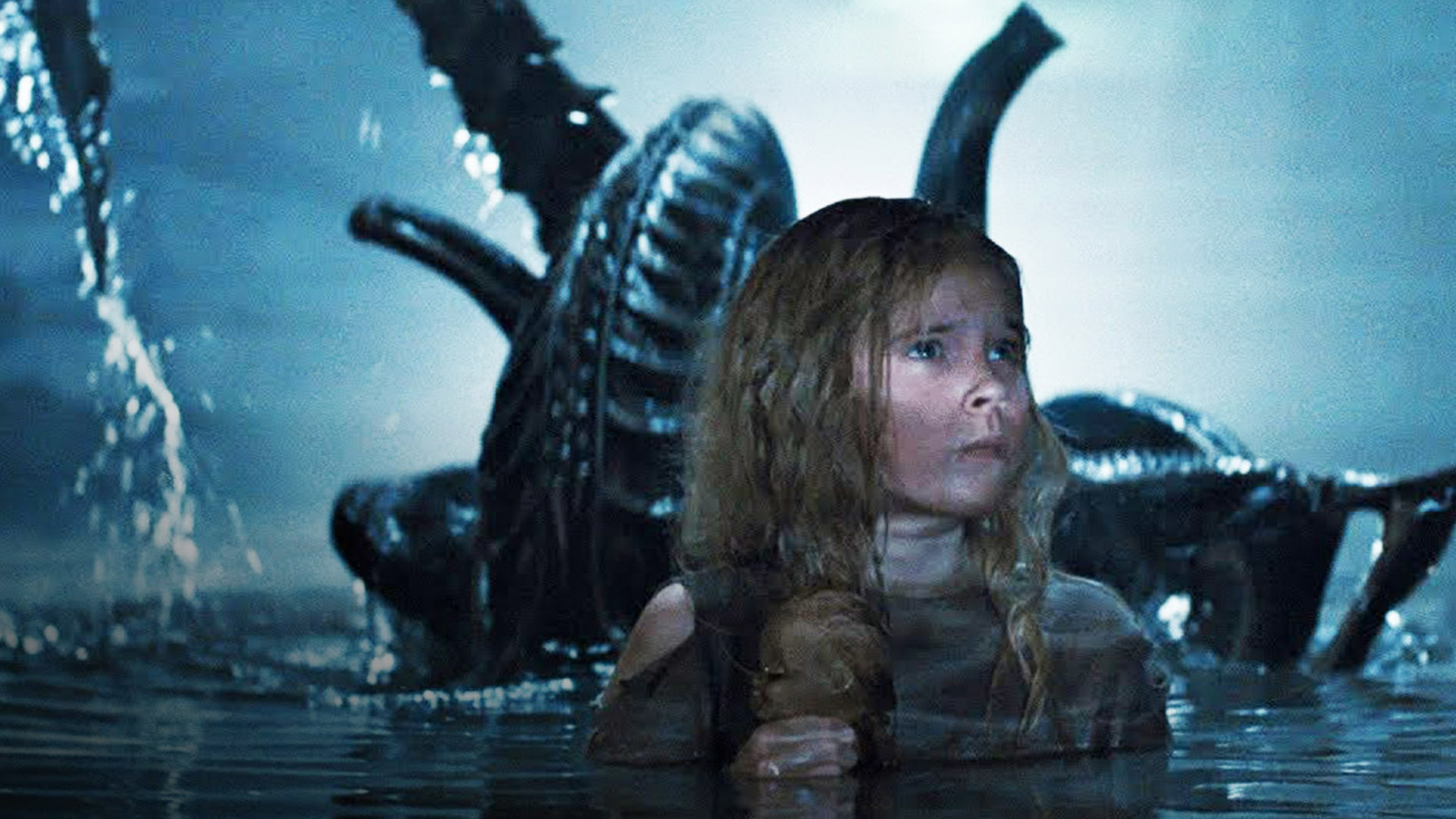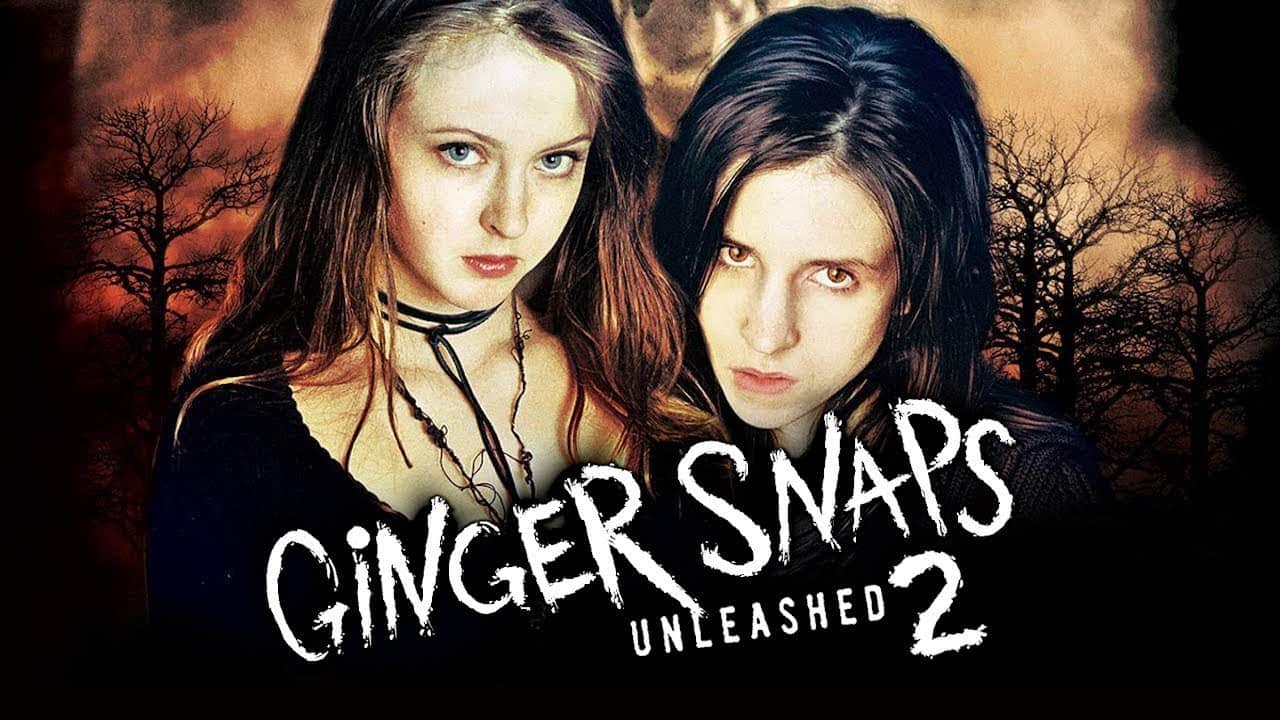Elizabeth Olsen in WandaVision – A Masterclass in Emotion, Power, and Transformation
Elizabeth Olsen’s performance in WandaVision (2021) marks a turning point not only for her character, Wanda Maximoff, but for the Marvel Cinematic Universe as a whole. Transitioning from a supporting role in previous Avengers films to the emotional and narrative centerpiece of a full-fledged series, Olsen delivers a tour de force performance that blends grief, power, and psychological complexity in a groundbreaking way. Set within the backdrop of sitcom-inspired realities and Marvel’s expanding multiverse, WandaVision allowed Olsen to explore the full depth of Wanda’s character like never before.
At its core, WandaVision is a story about loss and the human desire to escape pain. Olsen portrays Wanda as a woman broken by trauma: the loss of her parents, her brother Pietro, her beloved Vision, and the life she was denied. Through each episode, we see her construct an alternate reality in the form of classic American sitcoms—from The Dick Van Dyke Show to Modern Family—as a way to suppress her grief. Olsen masterfully adapts her acting style to match the era-specific tone of each episode, seamlessly shifting between comedic timing, dramatic weight, and subtle emotion.

What makes Olsen’s performance so remarkable is her ability to convey Wanda’s internal conflict—her longing for a peaceful life clashing with the horror of what she’s done to achieve it. Even when she is at her most powerful, literally bending reality to her will, she remains painfully human. Her grief is not sanitized or glamorized—it’s raw, selfish, complicated, and devastating. Olsen carries all of that in her eyes, her voice, and her body language, often saying more with silence than with words.
The emotional climax of the series, particularly in episodes like “Previously On” and “The Series Finale,” showcases Olsen’s dramatic range. Scenes such as Wanda’s memory of Vision at the Avengers compound—"What is grief, if not love persevering?"—have become iconic, not just for their writing but for the sincerity and vulnerability Olsen brings to them. Her chemistry with Paul Bettany (Vision) remains one of the MCU’s most emotionally resonant pairings, and WandaVision elevates it to something almost Shakespearean in its tragedy.

Beyond her emotional depth, Olsen also embraces Wanda’s evolution into the Scarlet Witch—a being of immense, chaotic power. Her transformation is both literal and symbolic, marking her acceptance of both her pain and her identity. In the final scenes, as she dons the Scarlet Witch crown, Olsen exudes a haunting blend of elegance and danger, signaling a future for her character that is as unpredictable as it is compelling.
In conclusion, Elizabeth Olsen’s performance in WandaVision is a career-defining achievement. She turns what could have been a simple superhero spin-off into a deeply moving, genre-defying exploration of grief, identity, and love. Her portrayal not only expanded Wanda Maximoff into one of the most complex characters in the MCU but also demonstrated that superhero storytelling can be just as emotionally resonant as any prestige drama.
-1752226588-q80.webp)


